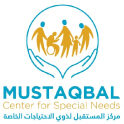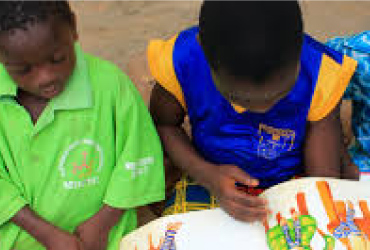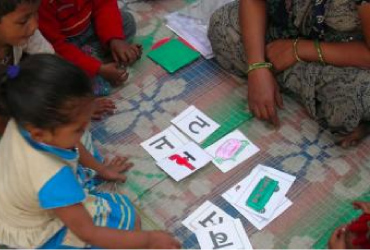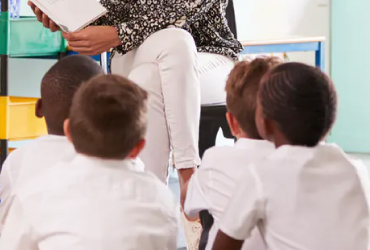What Is Special Education?
Many kids with special needs qualify for extra help in school. A child who has a problem that makes it harder to learn might be able to get:
- speech therapy to help with talking and understanding others
- occupational therapy to help with doing everyday tasks
- the help of a classroom aide
- a custom learning plan, also called an individualized education program (IEP)
- things that help with learning (such as extra time for homework or tests)
When a child has these services, it’s called “special education.” To qualify for special education, kids need to be tested.
If you’re concerned about your child’s ability to learn, don’t delay testing. The sooner kids get the help needed, the more likely they’ll succeed in school.
What’s the Law?
The Individuals with Disabilities Education Act (IDEA) makes sure that children with disabilities get the same free, quality public education as other kids. (A disability is any physical or mental condition that limits a child’s ability to learn.) The law covers kids from birth to age 21.
Children who quality for extra help receive a written plan that sets learning goals for them, and explains how to reach those goals. Parents, teachers, therapists, school psychologists, and others work as a team to create the plan. Plans are offered based on ability and age:
- Individualized Family Service Plan (IFSP): This is given to infants and toddlers up to age 3 who have developmental delays or medical problems that can lead to delays (such as hearing loss, being born early, or genetic problems like Down syndrome).
- IEP: This is given to kids ages 3 to 21 who have physical or mental disabilities.
What Do I Do First?
Talk to your doctor. If your child has special needs that make it harder to learn or seems behind in development, tell the doctor. The doctor can see if your child is on track or needs testing. Your child may be seen by a specialist (such as a speech therapist or psychologist).





